The Festival de Cannes has selected three outstanding fantastic films for this year’s edition, two in Un certain regard: Lamb (Valdimar Jóhannsson, 2021) and The Innocents (Eskil Vogt, 2021); and a third in Competition, Titane (Julia Ducournau, 2021). All these films are committed to the integration of different people, taking their abilities to the extreme, manifested in different powers, but always appealing in the end to generosity and love.
Noomi Rapace, back in her homeland, Björn Hlynur Haraldsson and Hilmir Snær Guðnason star in the first feature film by Icelandic director Valdimar Jóhannsson, who already has a remarkable career as a cameraman and special effects technician. In a desolate and evocative landscape, the couple Maria and Ingvar live peacefully on their farm, until the birth of a mysterious sheep that could live on Dr. Moreau’s island… and which they adopt as their own child. Lamb‘s magic runs through the film, with a power of suggestion that makes us go from smiling to laughing, but also makes our hearts shrink. With a masterful handling of suspense and the dosage of information until the final climax, the landscape, the story, the photography and the stylistic choices make Jóhannsson’s debut a track to follow.
Norwegian screenwriter Eskil Vogt, a regular collaborator of Joachim Trier (Thelma) directs in his second feature film a children’s cast capable of making anyone’s blood run cold. In The Innocents, four children, three of them with telekinetic and telepathic powers, spend their holidays in a lonely residential complex that the neighbors have abandoned for the summer. Ida (Rakel Lenora Fløttum) has just moved in with her parents and autistic sister Anna (Alva Brynsmo Ramstad) and befriends Ben (Sam Ashraf), while a relationship of great closeness and understanding develops between her and sweet little Aisha (Mina Yasmin Bremseth Asheim). The use of buildings, staircases, the forest or the playground plays an essential dramatic role in turning the innocent or everyday into the disturbing and threatening.
Vogt shamelessly displays diabolical violence, while at the same time highlighting the powerlessness of the parents, their inability to meet their children’s educational and emotional needs, and also their own limitations. One of the families consists of a father and a mother, but the other two are single-parent families, with mothers for whom parenting is not a bed of roses but a painful task that can end their own lives.
As the director himself declares: I don’t believe in the cliché of the angelic child. We come into the world without a moral code, without empathy, a bit like narcissistic sociopaths, and you have to learn the codes of socialisation as you grow up.
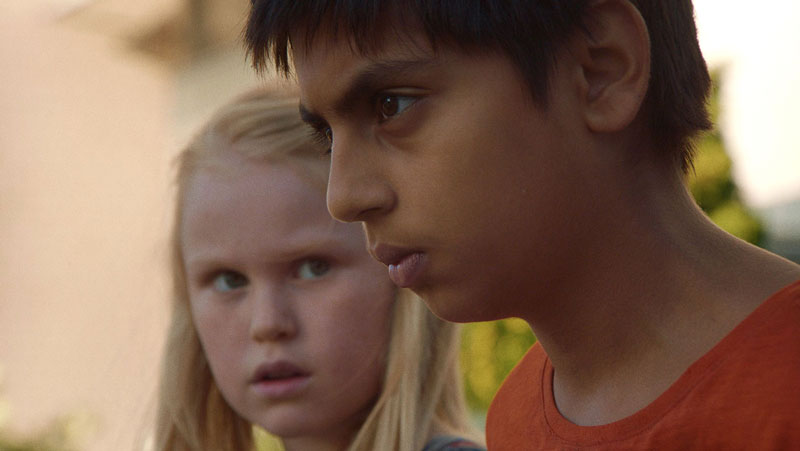
Raw (2016) disturbed audiences around the world with a fantastically terrifying proposal that won the Fipresci prize at the Cannes Film Festival. Five years later, Julia Ducournau returns with a film no less shocking and symbolic, Titane (2021). Vicent Lindon, Agathe Rousselle and Garance Marillier (Raw) star in a highly physical film, where violence and action go hand in hand with the power of the underlying proposal underneath the pyrotechnics.
A la pequeña Alexia se le implanta una placa de titanio en su cráneo tras sufrir un accidente de automóvil, y ya siendo adulta exhibe sus cicatrices como un atributo. La difícil relación con sus padres, que provoca indirectamente aquel accidente, marca su evolución, lanzándola a una carrera de violencia, incompresión y aislamiento. Los automóviles siguen jugando un papel crucial en su vida, que se gana como gogó de exhibiciones, y provocarán toda la bizarrería de chapa, pintura y engrase que se despliega a borbotones ante nuestra atónita mirada. En Titane los coches no derrapan, pero pueden ser los hijos de Christine y cruzar los límites de la física y la mecánica.
Little Alexia has a titanium plate implanted in her skull after a car accident, and as an adult she displays her scars as an attribute. The difficult relationship with her parents, indirectly caused by that accident, marks her evolution, launching her on a career of violence, incompression and isolation. Cars continue to play a crucial role in her life, which she earns as an exhibition go-gogo girl, and will provoke all the bizarre bodywork, paint and grease that unfolds in spurts before our astonished gaze. In Titane, cars don’t skid, but they can be Christine‘s children and cross the boundaries of physics and mechanics as in Crash (David Cronenberg, 1996).
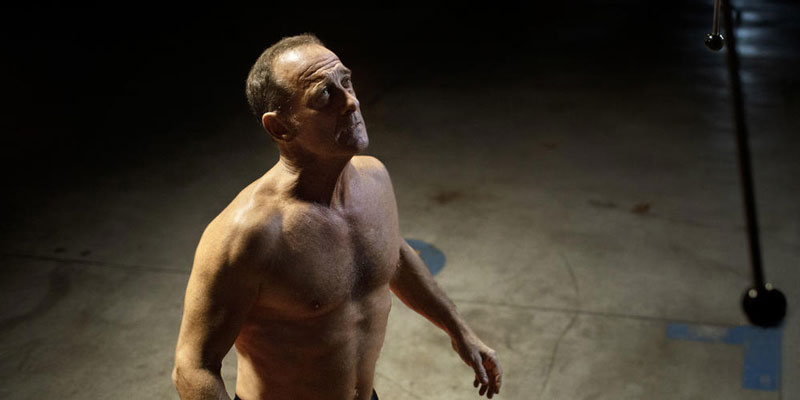
These three films premiered at Cannes, outstanding examples of fantastic cinema, have in common a very contemporary reflection on family and chosen relationships, tolerance and acceptance. In the wake of the Nobody’s Perfect, Vincent Lindon, in his overwhelming performance, dynamites the limits of pain, resilience and unconditional love. Julia Ducournau demonstrates her audacity, including her sense of humour, in a film that will mark this edition of the festival for its capacity to make an impact beyond violence and fantasy, because the power of her proposal lies in its message, not in its expression, which, moreover, it conveys perfectly.


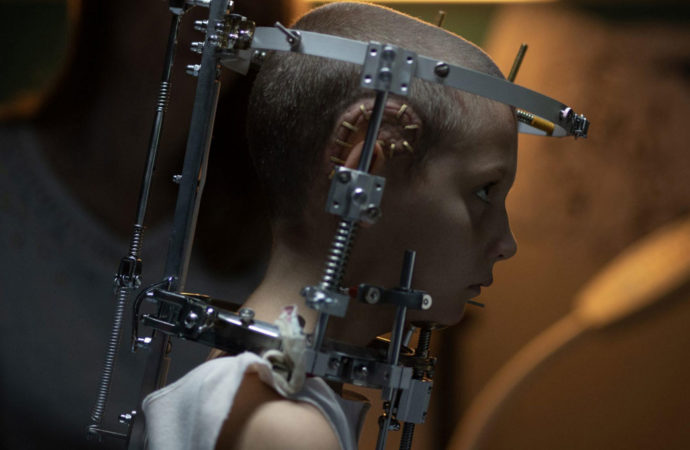



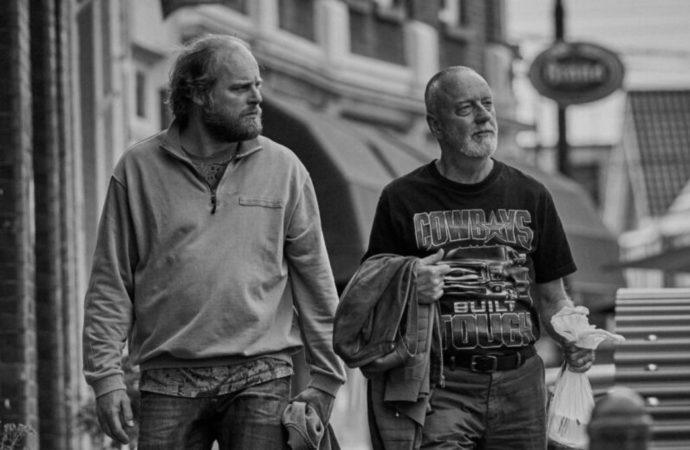
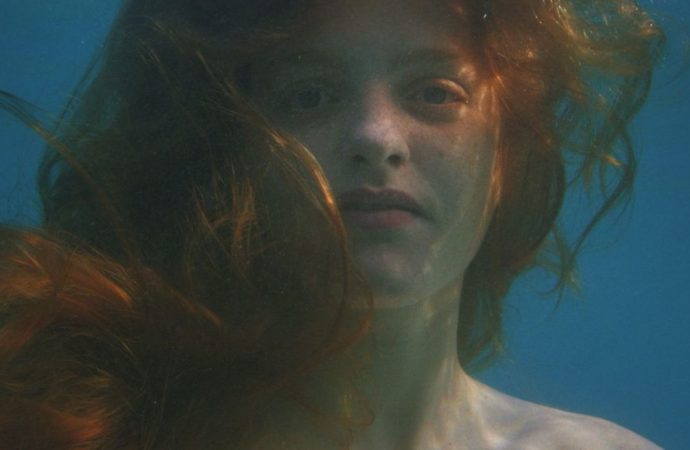

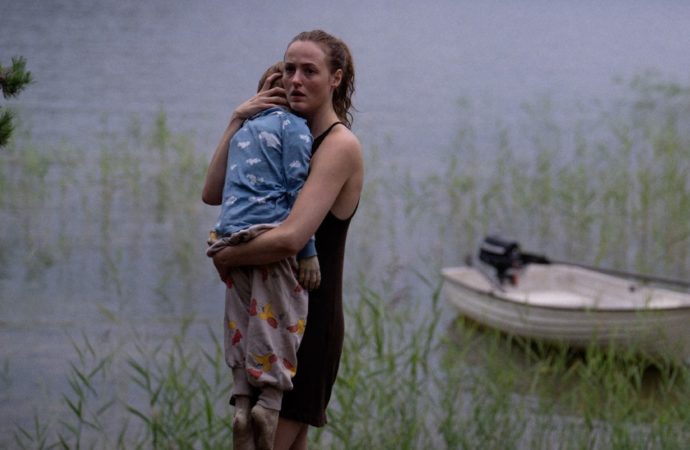

No one has posted any comments yet. Be the first person!